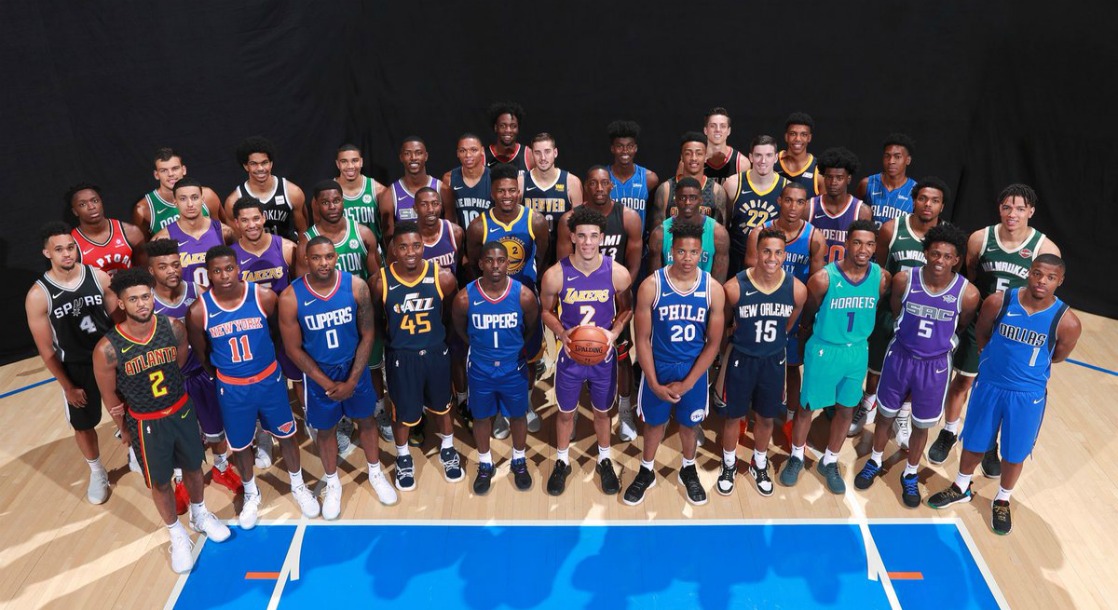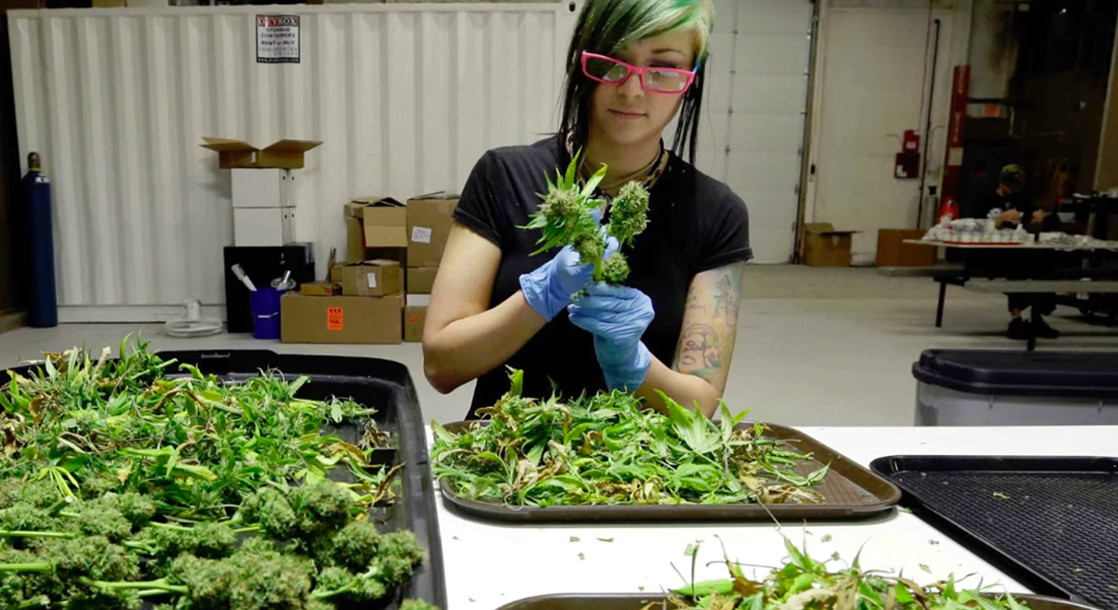Massachusetts' top federal prosecutor has announced that federal law enforcement will be focusing its efforts primarily on opioids, not pot, easing the fears of local canna-businesses who are just now ramping up to participate in the state's newly-legal recreational cannabis market.
On Tuesday, U.S. Attorney Andrew Lelling released a statement explaining that while federal authorities would still enforce drug laws, their main priority would be to tackle the opioid epidemic currently ravaging the Bay State.
Massachusetts voters legalized recreational pot in 2016, and although the state was unable to meet its proposed July 1st rollout for a retail market, sales are still likely to begin this summer. Back in January, federal authorities cast a chill over the state's cannabis industry, when Attorney General Jeff Sessions rescinded an Obama-era guidance known as the Cole memo that protected canna-legal states from federal law enforcement. Within a week, Lelling announced that he would not guarantee that state-legal pot operations would be safe from federal prosecution.
In a press conference that same week, Governor Charlie Baker criticized Lelling's statement, arguing that the federal government should instead focus its efforts on helping to control the state's opioid crisis, which was responsible for over 2,000 deaths last year. This week, Lelling announced that he was following the governor's lead, and while not offering any specific protections to the cannabis industry, he emphasized that the Justice Department's priorities are focused elsewhere.
"Because I have a constitutional obligation to enforce the laws passed by Congress, I will not effectively immunize the residents of the Commonwealth from federal marijuana enforcement," Lelling said in the statement. "My office's resources, however, are primarily focused on combating the opioid epidemic that claims thousands of lives in the Commonwealth each year."
The prosecutor said that he anticipates limiting federal prosecution to three specific cannabis-related crimes: overproduction, organized crime and interstate trafficking, and sales to minors. "This list is not exclusive, but only intended to clarify which aspects of the state-level marijuana industry are most likely to warrant federal involvement," he wrote. "My office will continue to review all potential marijuana enforcement matters on a case-by-case basis."
"I'm thrilled the U.S. attorney put out such a statement," David Torrisi, executive director of the Commonwealth Dispensary Association, said to the Boston Globe. "What he's really saying is that he's going to target the illicit market. Businesses that pay taxes and invest in this industry are not going to jeopardize that investment by selling to minors… Targeting the opioid epidemic and, when it comes to marijuana, overproduction and distribution to minors are goals we totally support."
Shaleen Title, one of five members of the state's Cannabis Control Commission, said that she "appreciates" Lelling's statement, and noted that the state has already put regulations in place to address all of the issues he brought up. "During the Commission's regulatory process, we put in place strong mechanisms to address the priorities the U.S. attorney has identified, and intend to enforce our regulations vigorously," she said, according to the Globe.
In order to prevent overproduction of weed, which could end up on the black market, the state has created cultivation caps for businesses, limiting each cultivator to 100,000 square feet of cannabis grows. Any company that fails to sell at least 85% of its weed will have its total limit reduced, in order to curb the temptation to offload excess product illegally. The state also has plans to send undercover employees into retail establishments to test whether the stores are properly checking that customers are of legal age.











